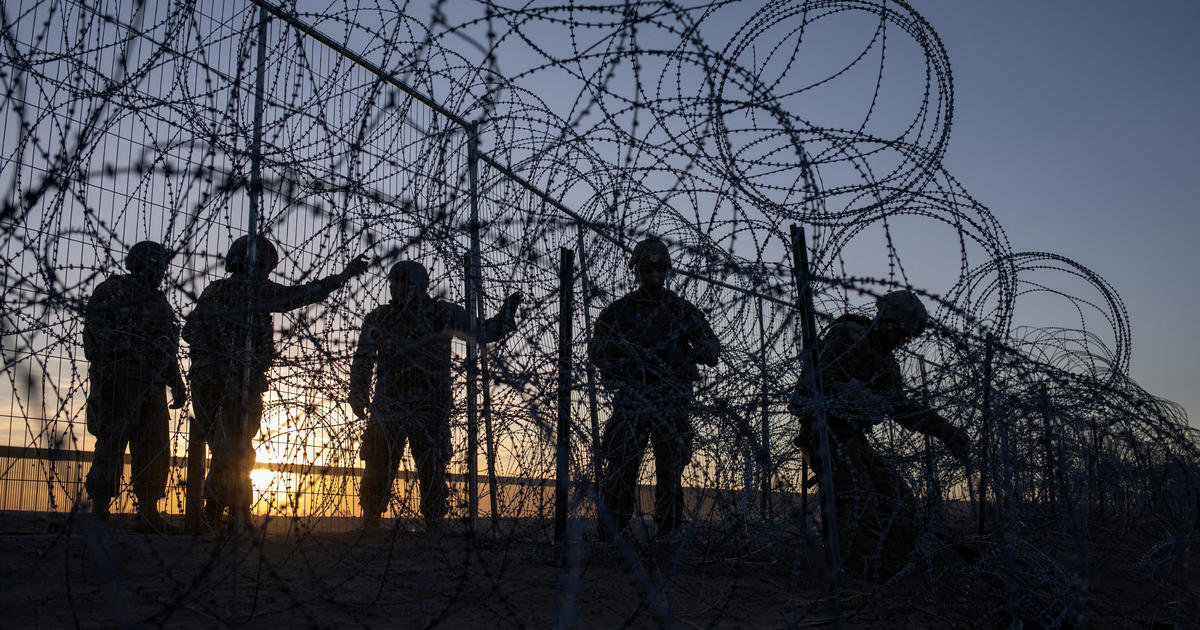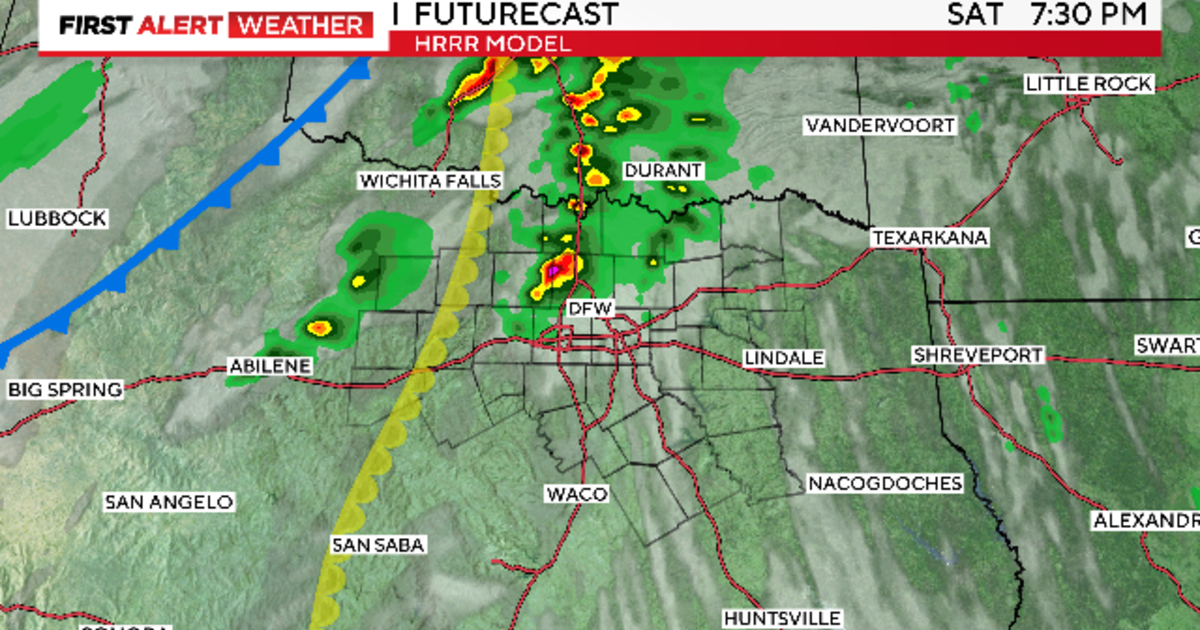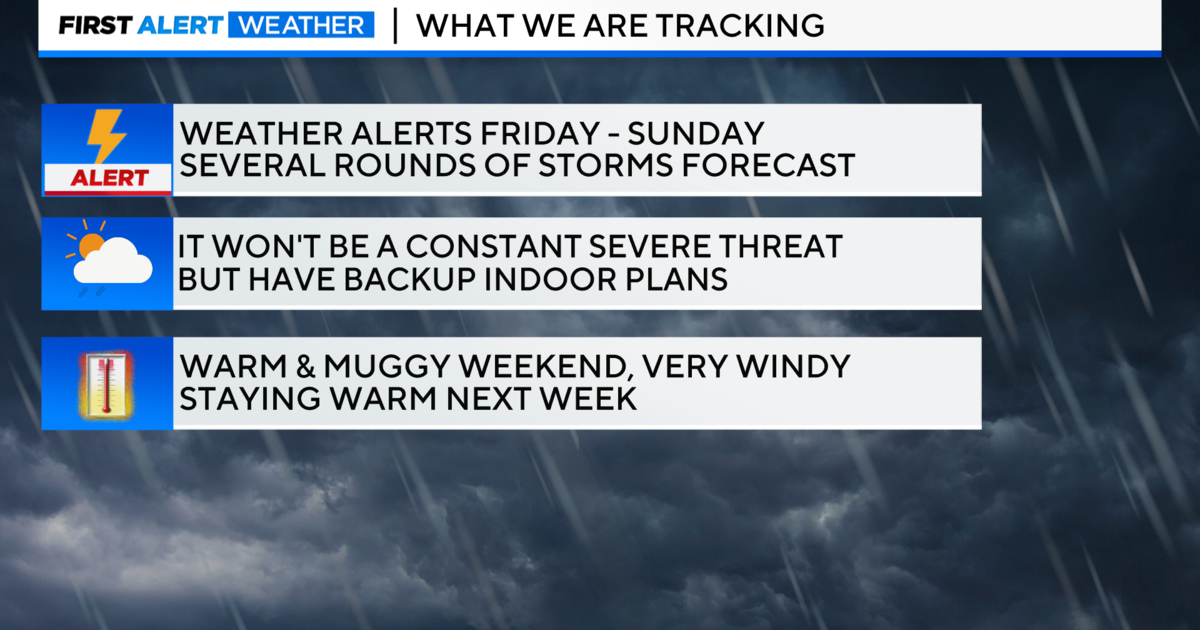Mexico makes agreement with US to deport migrants from its border cities amid ongoing surge in illegal migration
Mexico has made an agreement with the United States to deport migrants from its border cities to their home countries and take several actions to deter migrants as part of a new effort to combat the recent surge in border crossings.
Mexican officials met with US Customs and Border Protection officials on Friday in Ciudad Juárez, Mexico, which is across the border from El Paso, Texas, following the recent spike in illegal crossings into the US, which temporarily closed an international bridge and paused Mexico's main cargo train system.
As part of the agreement, Mexico agreed to "depressurize" its northern cities, which border El Paso, San Diego and Eagle Pass, Texas, where the mayor has declared a state of emergency. They will also implement more than a dozen actions to prevent migrants from risking their lives by using the railway system to reach the US-Mexico border, according to Mexico's National Migration Institute.
The US Department of Defense is ramping up resources at the US-Mexico border, sending at least 800 new active-duty personnel to the border, where 2,500 National Guard members are already servicing, Department of Homeland Security officials announced Wednesday night in a call with reporters.
The move comes as migrant crossings along the border are rising, surpassing 8,600 over a 24-hour period this week, according to a Department of Homeland Security official. It is up from around 3,500 daily border arrests after the expiration in May of Title 42 triggered new consequences for those who cross the border illegally. There were more than 8,000 apprehensions on Monday.
The busiest sectors are Del Rio, El Paso, Lower Rio Grande Valley and Tucson; each facing more than 1,000 encounters over the last 24 hours, according to the official. Eagle Pass is in the Del Rio sector.
Friday's meeting was attended by Customs and Border Protection's Acting Commissioner Troy Miller, the commissioner of Mexico's National Migration Institute, the governor of the Mexican state of Chihuahua, members of Mexico's national defense and national guard and representatives of Ferromex, a Mexican railroad operator, according to the institute.
Mexico agrees to take 15 actions
Mexican officials vowed to carry out a series of 15 actions as part of the agreement, some in coordination with Customs and Border Protection and Ferromex, which includes deporting migrants to their home countries by land and air.
The country said it will carry out negotiations with the governments of Venezuela, Brazil, Nicaragua, Colombia and Cuba to confirm receipt of their citizens deported from the US-Mexico border. It will also allow US border patrol agents to expel migrants through the Ciudad Juárez International Bridge, which connects to El Paso.
Other terms of the agreement include submitting a daily report of the number of migrants on the train system to Customs and Border Protection's El Paso sector, establishing checkpoints along the Ferromex rail route and conducting interventions on railways and highways, according to Mexico's National Migration Institute.
The institute said Mexico had deported more than 788,000 migrants to their home countries from January 1 to September.
The agreed-upon actions by Mexican officials raise questions about the country doing work typically designated for the US – from the south of the border – to manage the influx of migrants in recent weeks, which has strained federal resources and overwhelmed already-crowded facilities, CNN previously reported.
Many who leave their homes for the United States face long and dangerous treks in hopes of finding better, safer lives. Some may flee violence, while others may immigrate for economic opportunities or to reunite with family, experts say. Deteriorating conditions in Latin America exacerbated by the coronavirus pandemic also have contributed to the influx of migrants into the US.
It is likely the number of border crossings will continue to increase, as more Mexican nationals are making plans to come to the US, Ariel Ruiz Soto, a senior policy analyst at the nonpartisan Migration Policy Institute in Washington, told CNN.
US government data show more Mexican families coming to the border, likely to seek asylum, Ruiz said. In July 2022, for example, Customs and Border Protection figures indicate 4,000 Mexican family encounters at the border. A year later, the number had more than quadrupled, reaching nearly 22,000.
"These are the three levers that are in play right now. … And regardless of what the Biden administration does today or tomorrow," he says, "the people that are on the way already are going to continue unless something else happens in the region."



